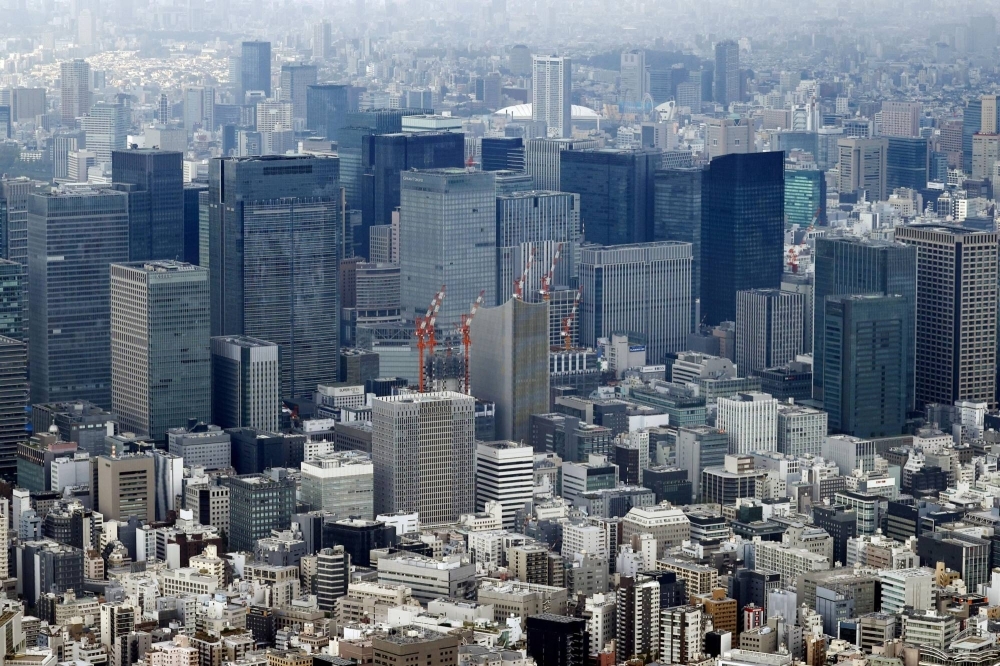The Bank of Japan's first rate hike in 17 years may set the stage for tackling a perceived negative legacy of its ultraloose monetary policy, which has allowed many unprofitable "zombie" companies to stay afloat, potentially creating room for more economic growth.
The COVID-19 pandemic, in particular, pushed up the number of such zombie firms — companies barely surviving while struggling to cover debt-serving costs with profits — amid the government's massive financial stimulus to small and medium-sized companies.
While the BOJ as it ended its negative interest rate policy Tuesday that accommodative financial conditions will be maintained "for the time being," further rate hikes could prompt the downfall of zombie firms in the face of higher borrowing costs.



